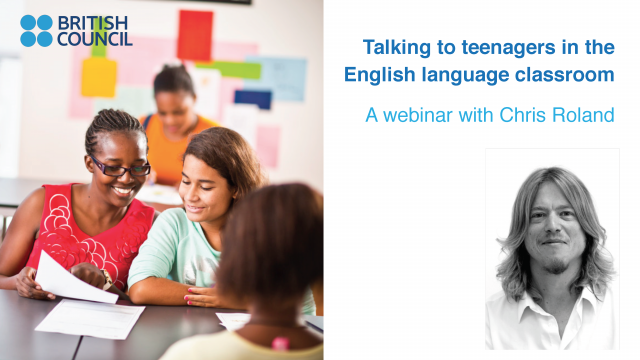
About the webinar
Instructions, explanations, requests, corrections, anecdotes, negotiation, warnings and praise all involve us talking to our students. As teacher, what we say and the way that we say it reveals our underlying attitude to those students, our conception of the classroom in general and the language learning principles we are operating by. It is also often a deciding factor in how far we achieve our aims. If we can effectively structure our message, we can normally effectively structure the task.
In this webinar we look at how to frame whatever it is we want to do with our students - exercises, pairwork, skills work, feedback, behaviour - to maximise cooperation and make our classroom a more productive place for everyone.
About the speaker
Chris is a trainer based at ELI, a language academy, in Seville. He works with teachers across a wide variety of contexts: at in-house level, as tutor on the Trinity Certificate and Diploma courses with Oxford TEFL, and in conjunction with local education authorities. He has previously held posts with the British Council in Damascus and Barcelona. He is a regular speaker on the international conference circuit, and his first methodology book, Understanding Teenagers in the ELT Classroom, is available from Pavilion Publishing & Media.